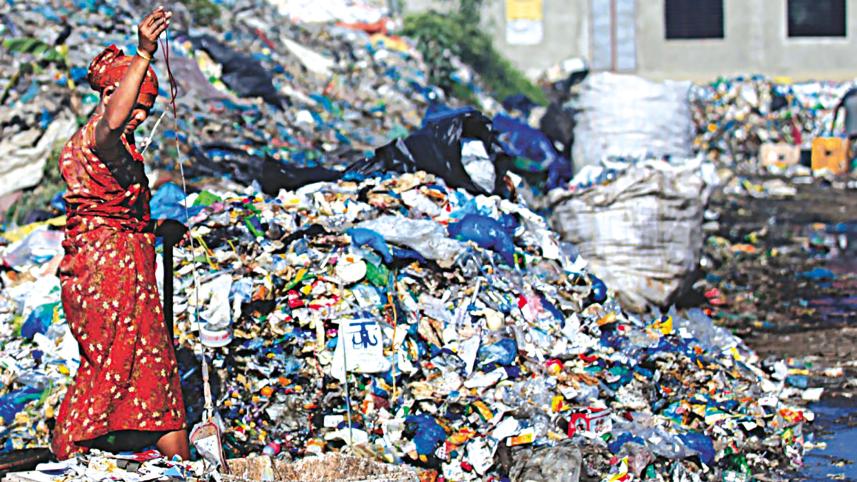Is the nature really healing amid COVID-19 pandemic?

That due to coronavirus, the world is healing is arguably the only modest condolence coming our way out of the devastation brought about by the ongoing pandemic. Analysing the real context of the global status quo, it is somewhat true that the world, amid lockdowns, do get to get over some of its wounds. But, if we consider a third world country- for example, Bangladesh- there lies the actual dilemma. The question on whether coronavirus is helping the environment or damaging it more, necessitates scrutiny and analyses.
Since the beginning, despite initiating a lot of programs, the government somehow failed to discourage the citizens from coming out to the streets and do their daily activities; and this includes people who do not really need to come out in the streets in a daily basis as such. A bunch of humble lockdowns have been given since March 19, 2020, but as usual, people were reluctant to follow any of these. As a result, there was always acute traffic jam on the streets, the mills and factories were always running in full swing. As a consequence, the availability of toxic molecules and gases was never lesser in the air, comparing with that of the past in the pre-COVID world. In addition to this, due to lockdown, the garbage management of the country also went haywire. In the capital, Both DNSC and DNCC have failed to come up with an updated policy framework to cope up with a huge amount of wastes during the pandemic.
From an in-depth report of Lancet, it is seen that during COVID-19, approximately 206 tons of medical waste is produced in Dhaka city alone. The report also says, in the first month of COVID-19 infection, at least 14500 tons of waste was collected from 5709 hospitals. But the waste management was not satisfactory. According to the Local Government (City Corporation) (Amended) Act, 2011, the cleaners are instructed to collect waste from every house and hospital within a fixed time frame. But, reportedly, during the lockdown, the number of operational waste collectors declined by almost 50% in Dhaka.
Another interesting rise during the pandemic is online shopping. Online shopping is helpful and time-saving, no doubt, but it gives birth to some real concerns too. Keeping pace with the rise of online shopping, the number of plastic package materials has also undergone manifold increases. In this regard, there is no clear legal mechanism or policy scheme of the government so far.
In Bangladesh, the Department of Environment (DoE) is the statutory authority to deal with environmental problems with the cooperation and collaboration of other relevant sectors. But, from the very beginning, the structure of DoE is not so praiseworthy. In lockdown also, they have maintained their fuzzy characteristics. The Environment Conservation Act 1995, the Environmental Conservation Rules 1997 and the Environment Court Act 2010 are there to support the Department of Environment (DoE). Despite having adequate laws for the proper performance of the Department of Environment, actual sync between the law and authority is found absent.
Understanding the status quo, it will be a caulker to say, nature is healing. The harsh reality is, nature is not healing, at least, not in Bangladesh. What we are seeing now is the much worse treatment of the environment than in the past. If the behaviour, habit, and responsibility of the people and concerned authority never change, if the legal ambiguities are never resolved, the melancholic tag of 'Polluted Country' will never erase from the fate of Bangladesh.



 For all latest news, follow The Daily Star's Google News channel.
For all latest news, follow The Daily Star's Google News channel.
Comments